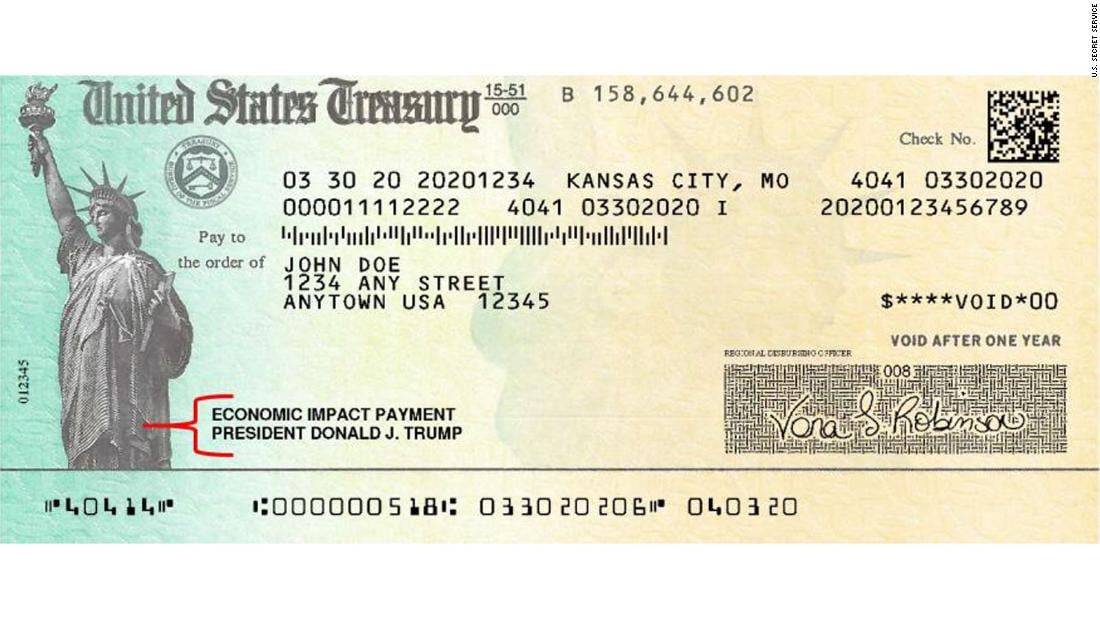
The House of Representatives passed another stimulus package on Friday that would offer $3 trillion in relief. It includes $100 billion for rental assistance, another round of $1,200 direct payments to taxpayers, and sets aside 25 percent of Paycheck Protection Program (PPP) loans for nonprofit organizations.
However, the bill, known as the HEROES Act, has little chance of passing in the Republican-led senate and President Trump has promised to veto it. Still, the legislation could provide a starting point for negotiations for further relief for Americans who have been hit hard by the global health crisis.
Some 36 million people in the US have filed for unemployment since March, and although states have begun easing lockdown restrictions, it remains unclear how many businesses will be able to reopen without additional assistance.
While the first round of PPP loans came under fire for going to a number of large, publicly traded companies such as Shake Shack, the house bill sets aside a portion of available funds to businesses with 10 or fewer employees. There would no longer be any limit on what percent of loans recipients use for eligible non-payroll expenses such as rent, mortgage interest, and utilities.
The government moved quickly in March to pass the initial $2 trillion emergency CARES Act, but the spending bill had little to directly offer the country’s cultural sector. Museums and other cultural institutions in the US stand to lose a collective $6.8 billion due to loss of revenue during extended closures, according to a new report from SMU DataArts and TRG Arts.
Arts organizations, led by New York’s Metropolitan Museum of Art, had advocated for a dedicated $4 billion in aid through a #CongressSaveCulture campaign. Instead, CARES gave just $75 million each to the National Endowment for the Arts and the National Endowment for the Humanities; $50 million to the Institute of Museum and Library Services; $25 million to the Kennedy Center; and $7.5 million to the Smithsonian Institution.
If the house bill were to become law, it would afford just $5 million to the Institute of Museum and Library Services and $10 million each to the National Endowment of the Arts and the National Endowment of the Humanities for emergency loans to arts and humanities organizations. The Smithsonian and the Kennedy Center are not slated to receive additional funding.